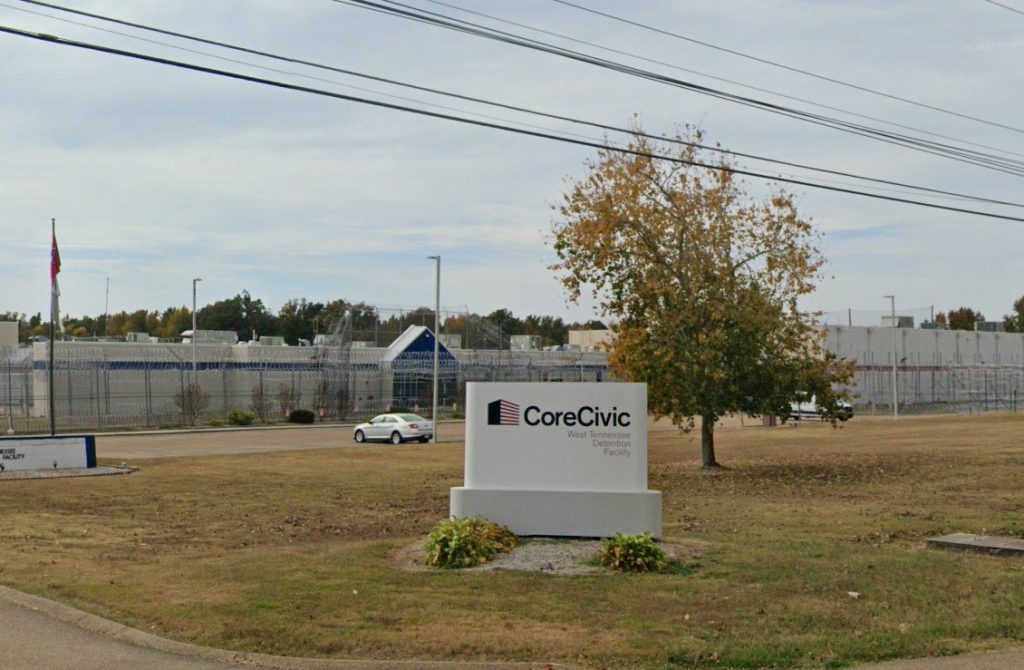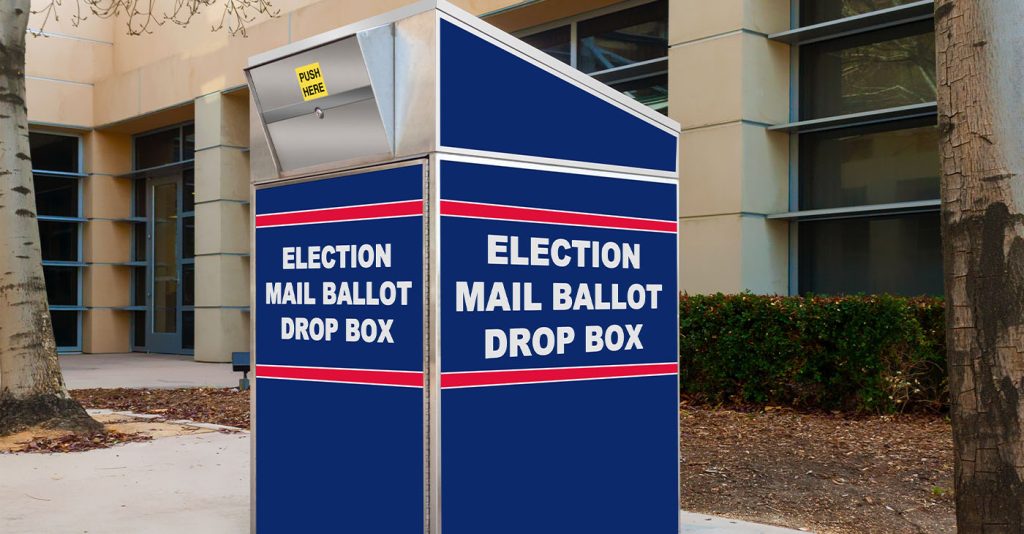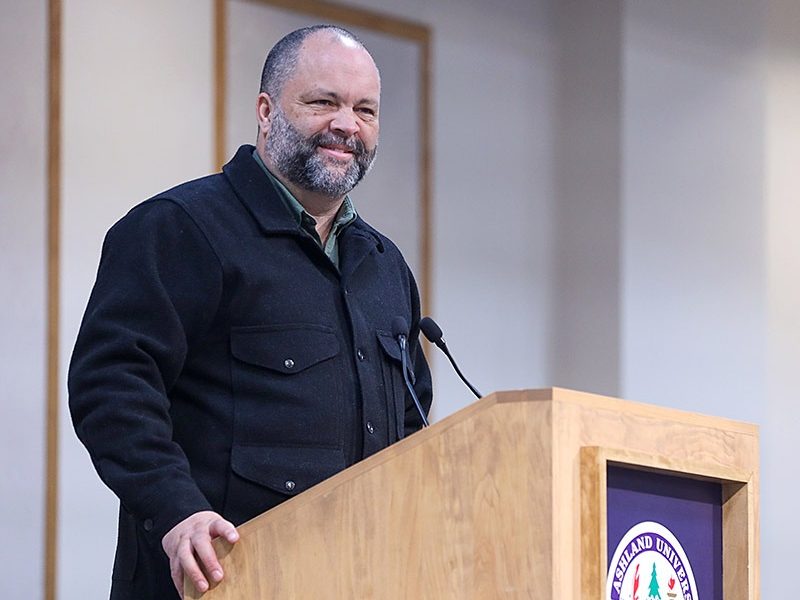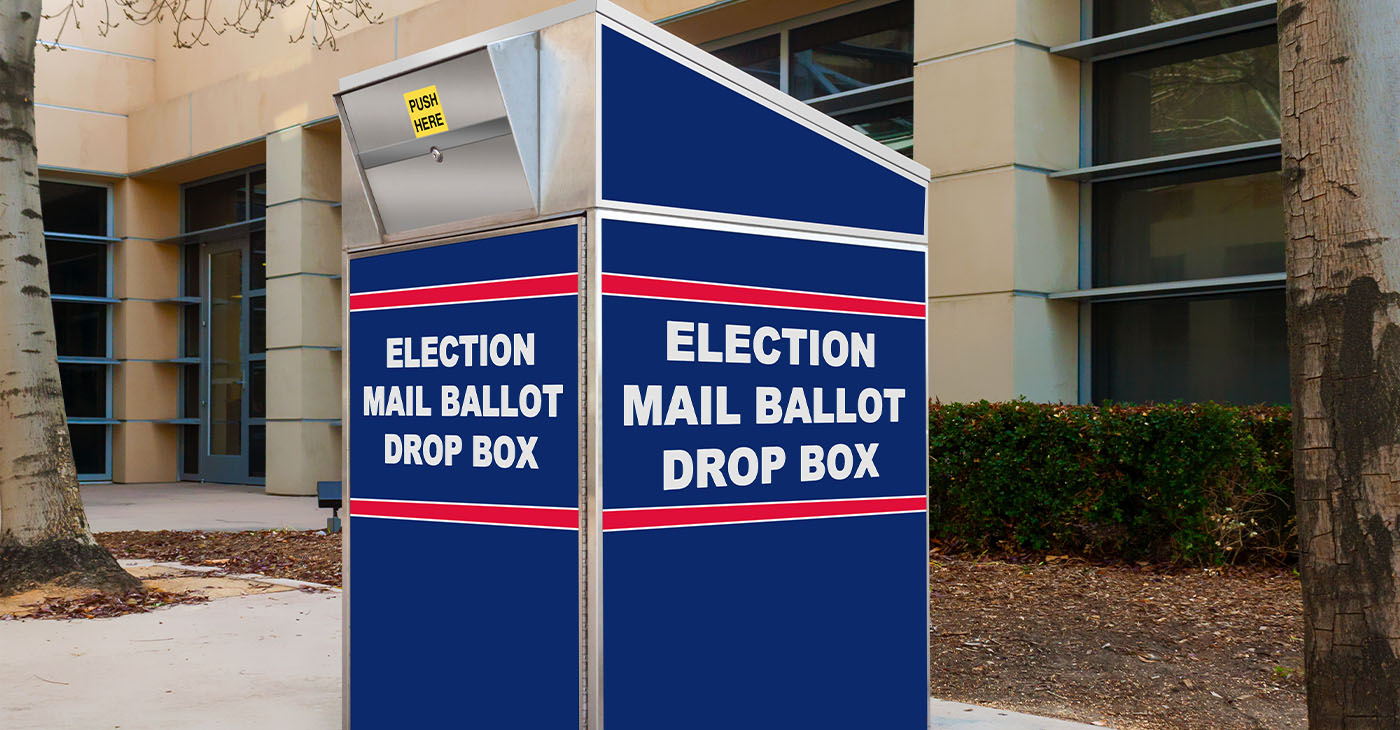BROOKLYN, N.Y. — A new report released by the Higher Heights Leadership Fund and the Center for American Women and Politics (CAWP) at Rutgers University highlights a decade of progress for Black women in elected office—while underscoring the work that remains to achieve full political representation.
‘Black Women in American Politics 2025’ offers a comprehensive look at the milestones and challenges Black women face in government. The report’s release follows former Vice President Kamala Harris’ recent announcement about her next chapter in public life, and comes just months after her historic run at the top of a major-party presidential ticket in the 2024 election.
“Black women continue to do what we have always done—lead, mobilize, and shape the future of this country,” said Glynda C. Carr, president/CEO of the Higher Heights Leadership Fund. “This report is both a celebration of our progress and a call to action.”
The 2024 election cycle marked several historic firsts. For the first time, two Black women (Angela Alsobrooks of Maryland and Lisa Blunt Rochester of Delaware) are serving simultaneously in the U.S. Senate. At the state level, Black women reached a new high in representation, now holding 5.4% of all state legislative seats. Black women also gained ground in mayoral leadership, taking office in major cities such as Philadelphia (Cherelle Parker), Fort Wayne (Sharon Tucker), and Oakland (Barbara Lee). In congressional races, Black women achieved a 63% win rate in 2024, outperforming both men and women across other racial and ethnic groups.
Still, the report underscores persistent gaps. No Black woman has ever served as a U.S. governor. Thirty-four states have yet to elect a Black woman to any statewide executive office, and as of July 2025, no Black women are serving in the presidential Cabinet or in federal executive roles.
“Our data makes it clear: while the last decade has seen historic progress for Black women in politics, the work is far from done,” said Chelsea Hill, ‘director of data’ at CAWP and lead author of the report. “Representation matters, not just for breaking barriers, but for shaping policy and making democracy more reflective of the people it serves.”
As of this year, 29 Black women serve as voting members of Congress, along with two non-voting members. Black women currently lead eight of the 100 most populous cities in the United States, and they hold more state legislative seats than ever before.
Looking ahead, 2025 and 2026 present new opportunities to grow Black women’s political power. Virginia’s Lt. Gov. Winsome Earle-Sears is making a historic run to become the first Black woman elected governor in U.S. history. Additionally, more than 200 statewide executive seats will be up for election across the country in 2026.
“This is about building pipelines, dismantling barriers, and investing in the next generation of Black women leaders,” Carr said. “We’re not just leading movements. We’re winning elections and governing at every level.”
The Black Women in American Politics 2025 report is part of a decade-long collaboration between Higher Heights and CAWP. To read the full report and explore interactive data, visit the Higher Heights Leadership Fund website.











